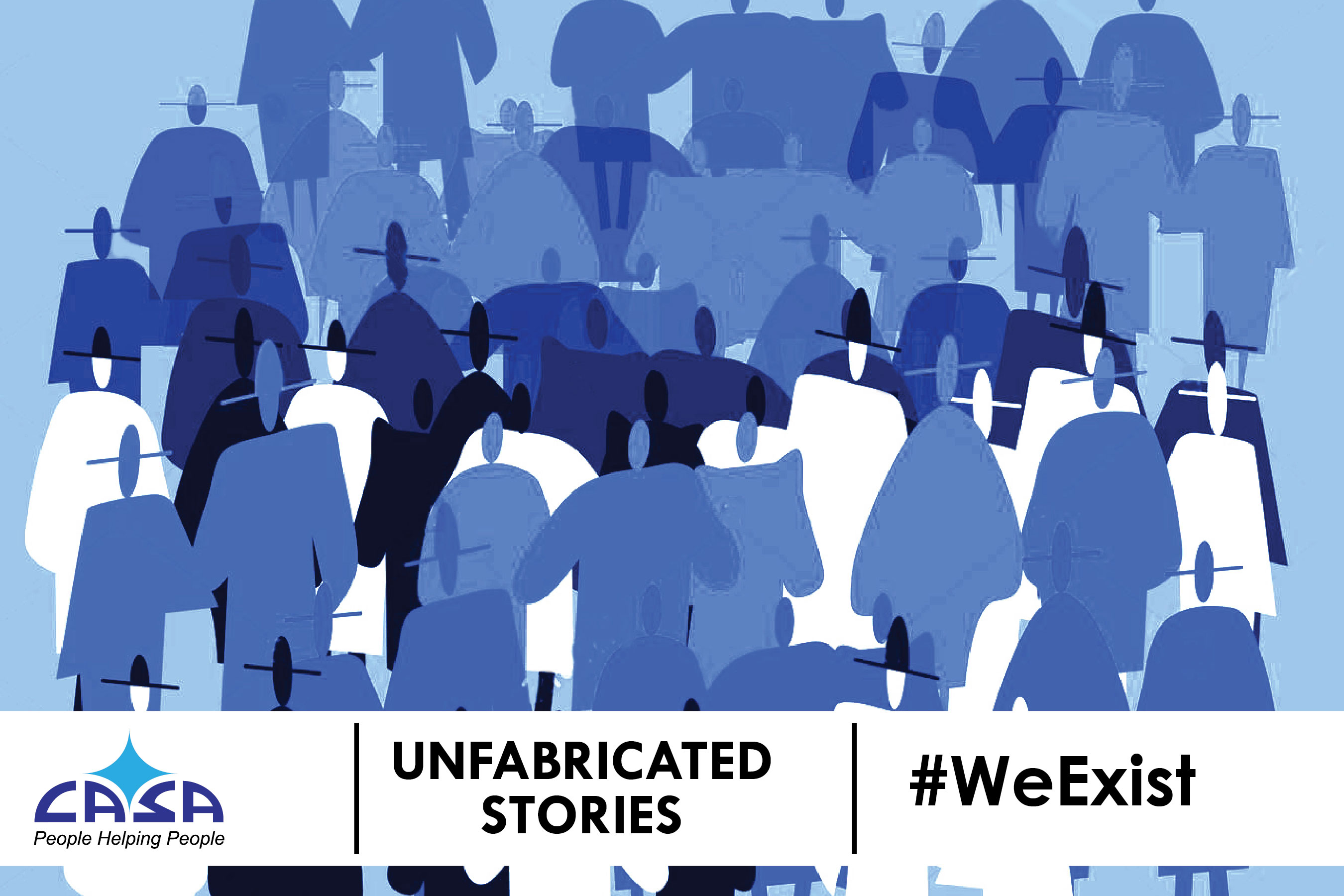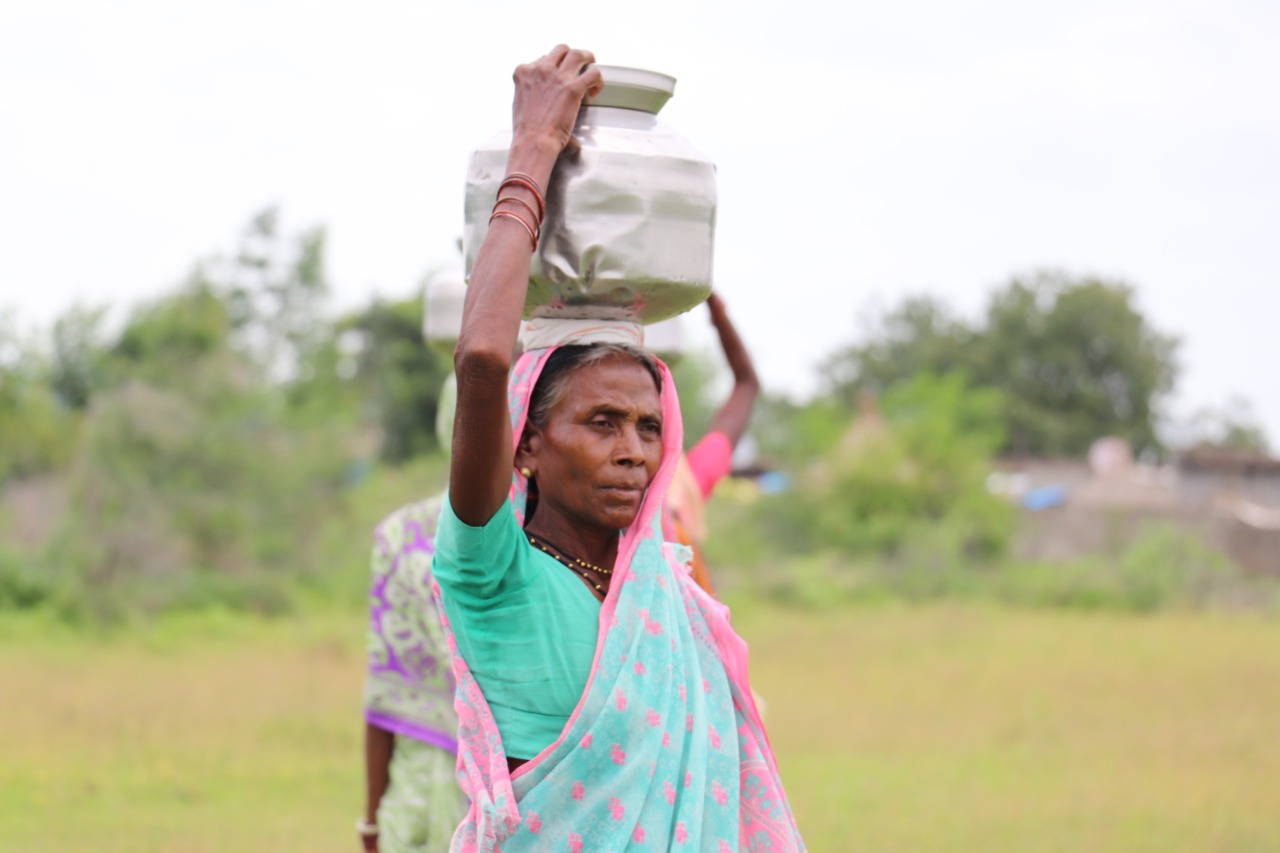- home

- Publication & Resources

- Blog
- AMPHAN- The Destruction of Fauna, Flora, Livelihood and Dreams in Sundarbans

AMPHAN- The Destruction of Fauna, Flora, Livelihood and Dreams in Sundarbans
Never had human civilisation suffered a calamity more ruthless than the supercyclone Amphan battering the eastern coast of India amidst the COVID19 pandemic. Several communities from the low lying areas and coastal regions suffered immensely. Amongst the ones gravely affected by the cyclone is Shyamali Munda, a 43-year-old woman from the Kasiabad Mundapara village of South 24 Parganas, Sundarbans.
Shyamali’s agony could be sensed to each nerve when she said, “May 20th, 2020 turned me into a destitute. All that I had was a small mud house, and God even snatched that from me”. In the past 20 years, Shyamali’s ancestral land has been engulfed by the widening delta of Gobodia river. Several sections of the eastern Sundarbans were similarly grappling with the consequences of climate change when nature’s fury, in the form of Amphan, finally wrecked them.
Numerous trees and electric poles were uprooted by the gushing cyclonic wind. Repeated instances of landfall and electrocution led to large-scale devastation and left behind a trail of agony. The overhead wires snapped across different areas in Kakdwip Island of South 24 Parganas cut it off from other parts of the state.
The means of communication and transportation networks were blocked, and many rural settlements were pitifully destroyed. Pointing to the waters, Shyamali said, “This River took most of the land we had. Now, the saltwater from the cyclone has just finished us. After Amphan, the Sundarbans have become unrecognisable.”
Sundarbans serve as a defensive belt of mangrove forest to the floods and storms arising of the Bay of Bengal. But the enormity of cyclone Amphan almost perished the frontline belt to invade far into the state and incur massive damage. Shyamali’s family was dependant on fishing for livelihood. Unfortunately, the fishes were killed due to the infiltration of saline water into the sweet water pond.
Several acres of farmland turned infertile due to the far-reaching saltwater and the paddy fields resembled a painful lake of irrecoverable damage. Such sabotage would reduce the agricultural yields for the next few years significantly. These losses pertaining to livelihood have triggered the socio-economic insecurity of the vulnerable sections.
While Amphan was gathering magnitude to hit the eastern coast, the authorities sleeved up to mass evacuate the people from low lying areas to safer shelters and nearby buildings. Shyamali Munda, with the four of her family members, took shelter in Mundapara Primary school for more than 15 days. They were completely stuck for five days in waterlogged conditions along with three other families who had lost their residence too. These families had no choice but to stay there without maintaining physical distancing, COVID19 precautions and personal hygiene. Shyamali conveyed our partner organisation, Sonartari Woman and Child Welfare Institution (SWCWI) that the first time they received a cooked meal since the calamity was six days after the cyclone hit, “We were getting dry food from the community kitchen.”
When the calamity pacified a little, the family went back during the day to monitor the damage and repair needs of their house. Syamali’s younger daughter, 17-year-old, had to stay back in the school. She was caught up in a situation where she can neither go back to their shattered home nor could she feel secure with strangers through the daytime. The young girl somehow managed to hang one long piece of cloth to maintain physical distancing from others during the COVID19 emergency. The primary school lacked necessary facilities like separate toilet and washroom, which is a risk for menstruating girls. Moreover, the place had no private spaces and the experience of staying there was not inferior to a nightmare.
Their shelter being a mark of sole possession is yet in ruins. Shyamali and her family have been unable to rebuild their home. CASA through SWCWI, supported them with immediate relief to minimise their miseries. The assistance included dry ration kits, hygiene kits, mosquito net and other non-food items including utensils to cook. The organisation also helped them fix a tarpaulin sheet on the roof and bridge sarees to guard the wall in creating a temporary makeshift.
From the gradual loss of land under climate change to the eventual lapse of livelihood and shelter in the perils of AMPHAN, the family is in a state of shock and distress. The tones of grief and desperate need of help mingle pitifully in the vice of Shyamali as she says, “We are so poor that it is impossible for us to build our house again. I am requesting the government and CASA to help us or else we all will die”.
-Written by Kajol Tanaya, Intern, Communications
 Previous Blog Post The Woman of the Family
Previous Blog Post The Woman of the Family Hope beyond the Clouds
Hope beyond the CloudsFeatured Post

International Women’s Day -2021
8 Mar 2021
International Women’s Day -2021 is very special for CASA. It’s a delight to announce, CASA with the support of the Church of Sweden has launched an exclusive Gender Desk to emphasise the importance of Gender Justice work. CASA has been working for Gender Justice all throughout and across our constituencies in all these years. Gender Desk comes to add vigour […]

Overcoming Gender and Poverty Barriers
Poverty has been an inevitable problem in India since the beginning of time. The increasing problems of poverty caused by overpopulation and the unequal distribution of wealth among the people have led to a huge impact on the life of millions in the rural as well as the urban area. A person has to acquire […]

Impact of Climate Change on Women
16 Jan 2021
Climate change is a prevailing problem globally whose hazardous repercussions extend beyond the environment. Shrinking glaciers, extinction of plants and animal species, mutation, rise in the Earth’s average temperature and triggered seasonal fluctuations, are some of the impacts of climate change that have already grabbed the headline. Certain early predictions pertaining to climate changes had […]



